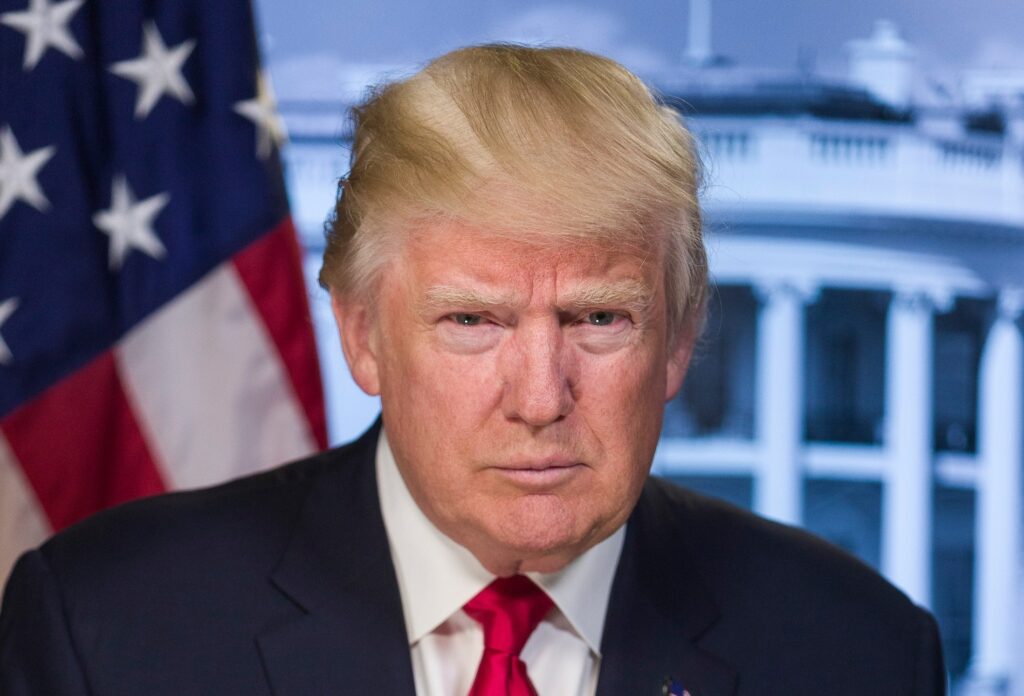
(Rightallegiance.com) – In a significant development within the political landscape of Illinois, a judicial decision was made on Wednesday that could potentially reshape the forthcoming primary elections in the state. The ruling in question came from the bench of Cook County Circuit Court, where Judge Tracie R. Porter made a groundbreaking decision regarding former President Donald Trump’s eligibility to appear on the ballot for the state’s primary election.
The ruling was centered around the events of January 6, 2021, a day that has been etched in the annals of U.S. history due to the attack on the U.S. Capitol.
Judge Porter, overseeing the case, concluded that the actions associated with the January 6 attack constituted grounds for the disqualification of Trump from participating in the Illinois primary, slated for March 19.
She articulated that the involvement in what was deemed an insurrection led to her decision to recommend the removal of Trump’s name from the ballot. However, acknowledging the potential for an appeal, Judge Porter temporarily suspended the enforcement of her order.
The reaction from Trump’s campaign was swift and sharp. Steven Cheung, a spokesperson for the Trump campaign, vehemently criticized the ruling, labeling it as “unconstitutional.” Cheung’s statement did not mince words in attacking Judge Porter personally, describing her as an “activist Democrat judge.”
This denouncement reflects the campaign’s broader strategy to contest and challenge the ruling, with intentions to appeal clearly stated. Additionally, the campaign initiated efforts to fundraise off the back of this legal setback, signaling a move to galvanize support amid controversy.
This judicial decision did not emerge in isolation. The motion to disqualify Trump from the ballot was initiated by a group of five petitioners who, on January 4—the very day Trump filed his candidacy in Illinois—requested the state to review his eligibility. Their appeal to the Cook County Circuit Court for judicial intervention underscores the gravity with which certain segments of the electorate view the implications of January 6.
Illinois is not the first statehttps://x.com/Huberton/status/1763208086775382036?s=20 to grapple with questions of eligibility concerning Trump’s candidacy in the wake of the Capitol attack. Similar challenges have surfaced in Colorado and Maine, where Trump has also been ruled ineligible for the primary ballots.
These decisions, too, are currently on hold pending appeals. Central to these rulings is the invocation of the 14th Amendment’s disqualification clause, a relic of the Civil War era designed to prevent individuals who have engaged in insurrection against the United States from holding public office. The application of this provision to a former president, however, remains a matter of legal debate and interpretation.
The significance of Judge Porter’s ruling is further amplified by its reliance on precedent, particularly citing the decision of the Colorado Supreme Court in a similar context. Her acknowledgment of the weight of such a decision reflects the complex interplay between historical legal provisions and contemporary political realities.
Judge Porter, a Democrat appointed to the Illinois circuit court in 2021 and subsequently elected the following year, finds herself at the center of a legal and political storm. Her ruling not only has immediate implications for the Illinois primary but also contributes to the ongoing national discourse on the consequences of the January 6 attack and the legal mechanisms at play in holding public officials accountable.
The unfolding legal battles in Illinois, Colorado, and Maine represent a unique moment in American politics, where the legacy of past conflicts intersects with current political divisions. As the U.S. Supreme Court deliberates on related matters, the nation waits to see how these challenges will shape the political landscape in the lead-up to the next presidential election.
The case in Illinois, spearheaded by Judge Porter, marks a critical point in this ongoing saga, highlighting the enduring tension between constitutional law and political engagement in the United States.